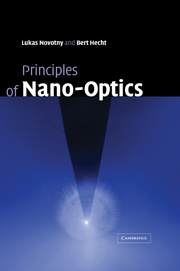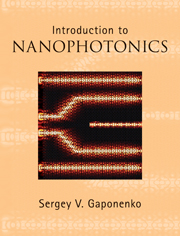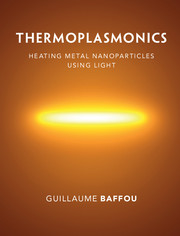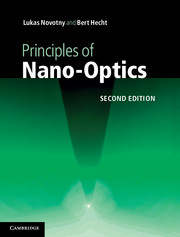Principles of Nano-Optics
Nano-optics is the study of optical phenomena and techniques on the nanometer scale, that is, near or beyond the diffraction limit of light. It is an emerging field of study, motivated by the rapid advance of nanoscience and nanotechnology which require adequate tools and strategies for fabrication, manipulation and characterization at this scale. In this 2006 text the authors provide a comprehensive overview of the theoretical and experimental concepts necessary to understand and work in nano-optics. With a very broad perspective, they cover optical phenomena relevant to the nanoscale across diverse areas ranging from quantum optics to biophysics, introducing and extensively describing all of the significant methods. Written for graduate students who want to enter the field, the text includes problem sets to reinforce and extend the discussion. It is also a valuable reference for researchers and course teachers.
- Was the first nano-optics textbook, it gives a bottom-up description of optical phenomena and techniques encountered in the rapidly expanding fields of nanoscience and nanotechnology
- Each chapter contains several exercises and problems with hints
- Numerous high-quality illustrations and real-life examples
Product details
September 2006Adobe eBook Reader
9780511166525
0 pages
0kg
This ISBN is for an eBook version which is distributed on our behalf by a third party.
Table of Contents
- 1. Introduction
- 2. Theoretical foundations
- 3. Propagation and focusing of optical fields
- 4. Spatial resolution and position accuracy
- 5. Nanoscale optical microscopy
- 6. Near-field optical probes
- 7. Probe-sample distance control
- 8. Light emission and optical interaction in nanoscale environments
- 9. Quantum emitters
- 10. Dipole emission near planar interfaces
- 11. Photonic crystals and resonators
- 12. Surface plasmons
- 13. Forces in confined fields
- 14. Fluctuation-induced phenomena
- 15. Theoretical methods in nano-optics
- Appendices
- Index.





